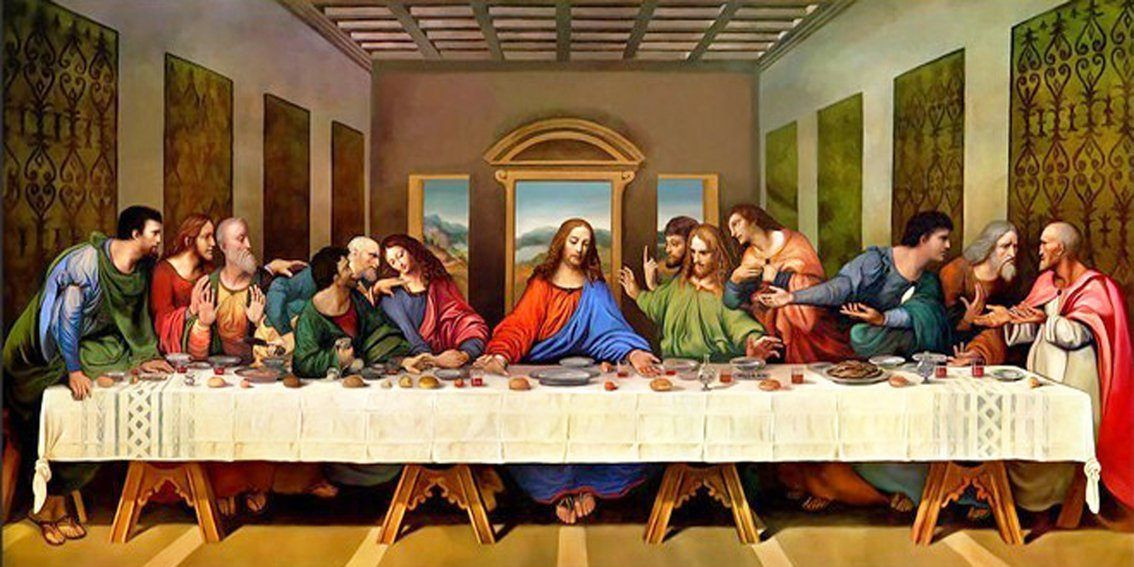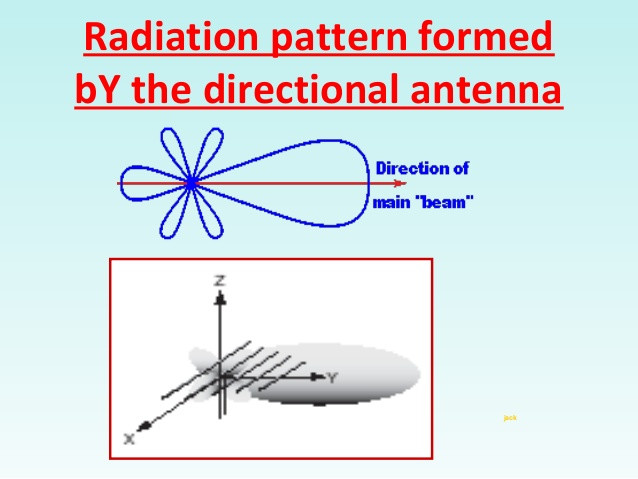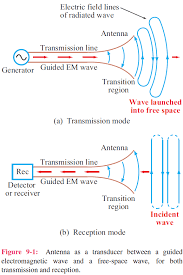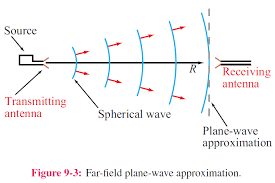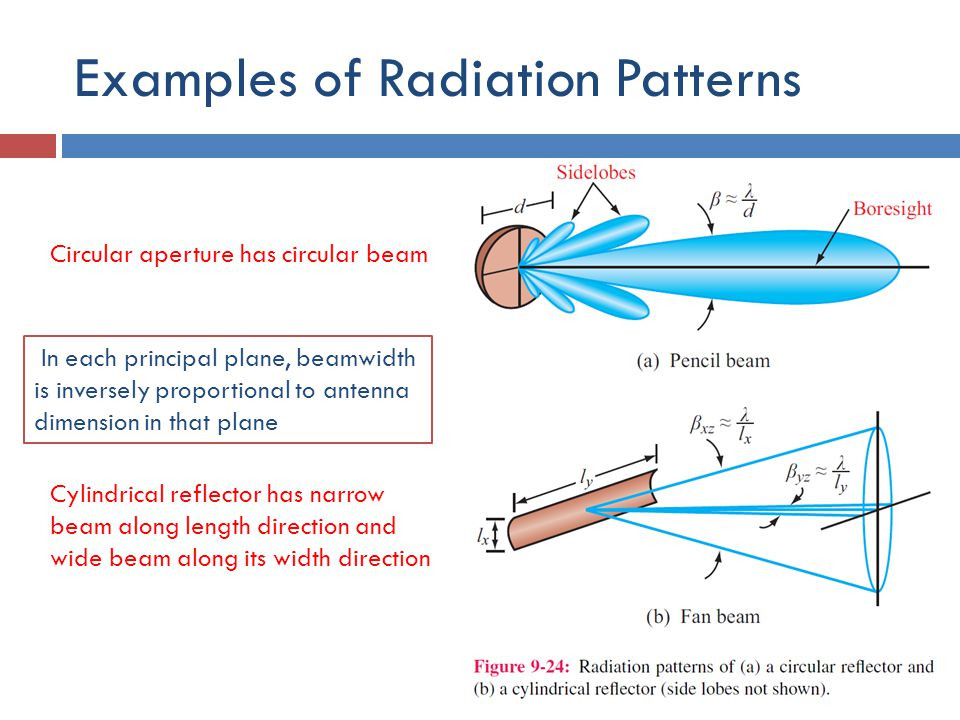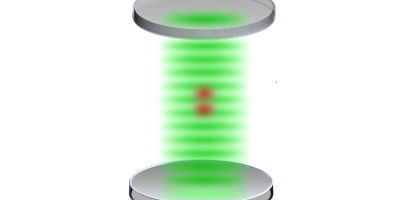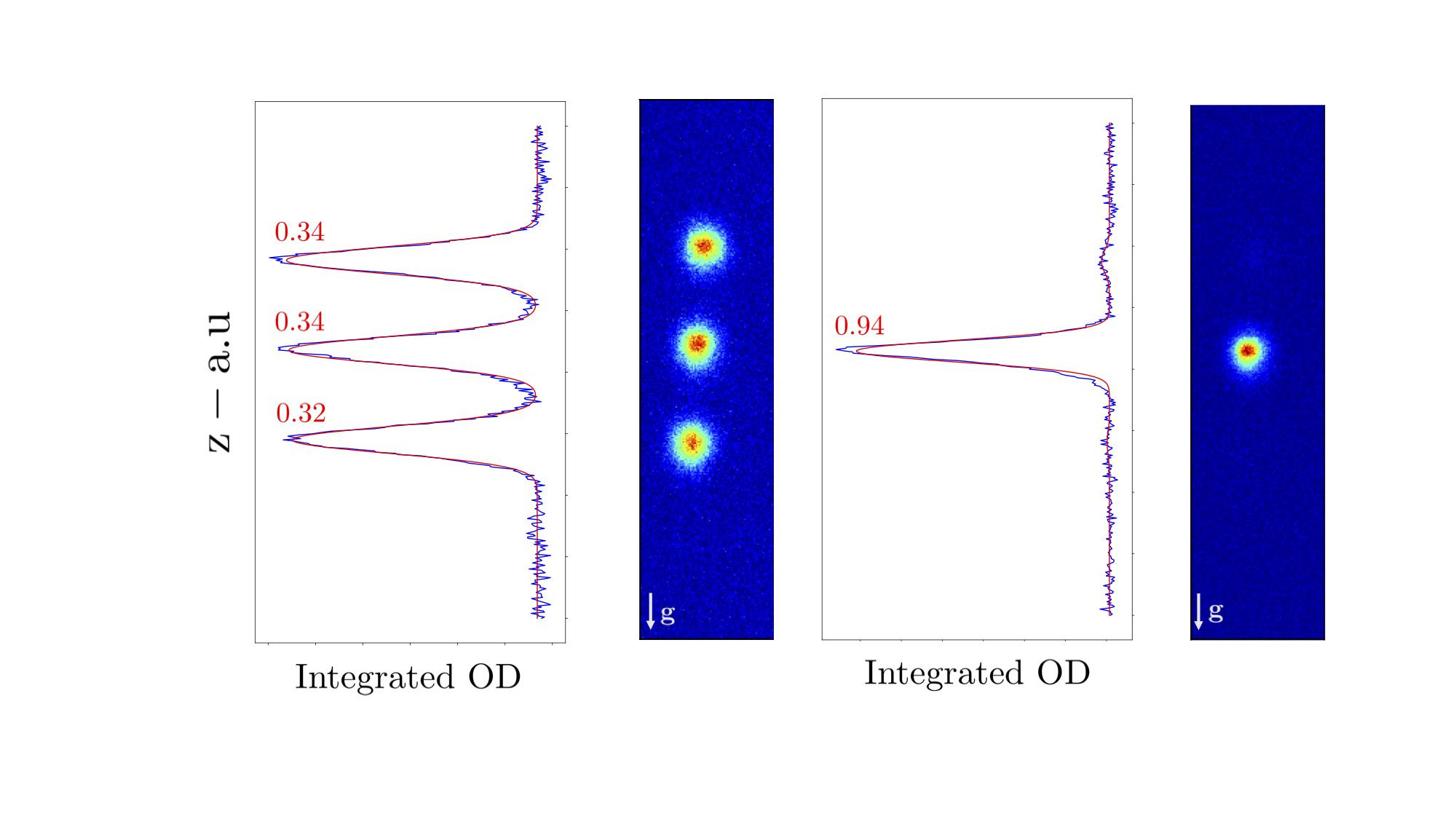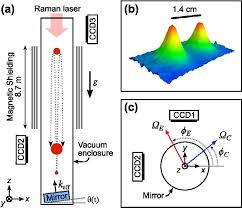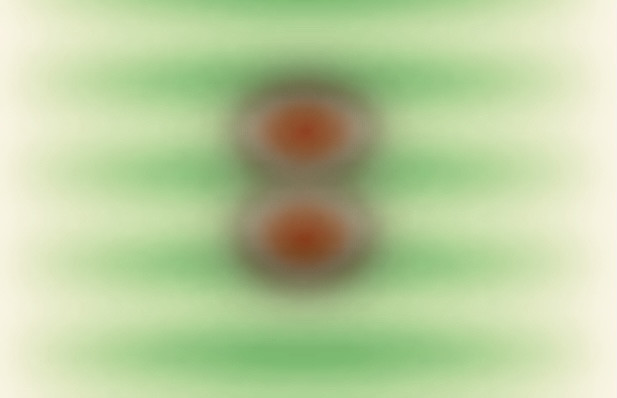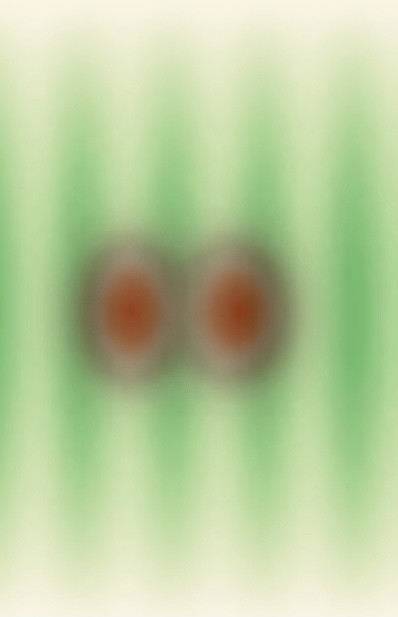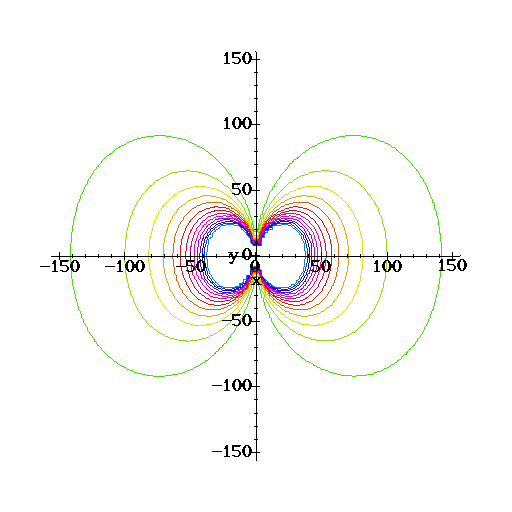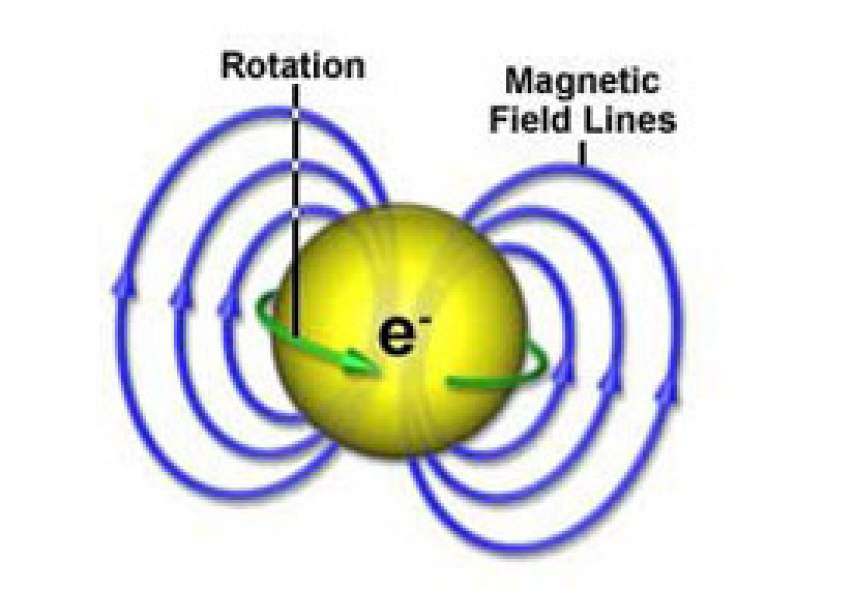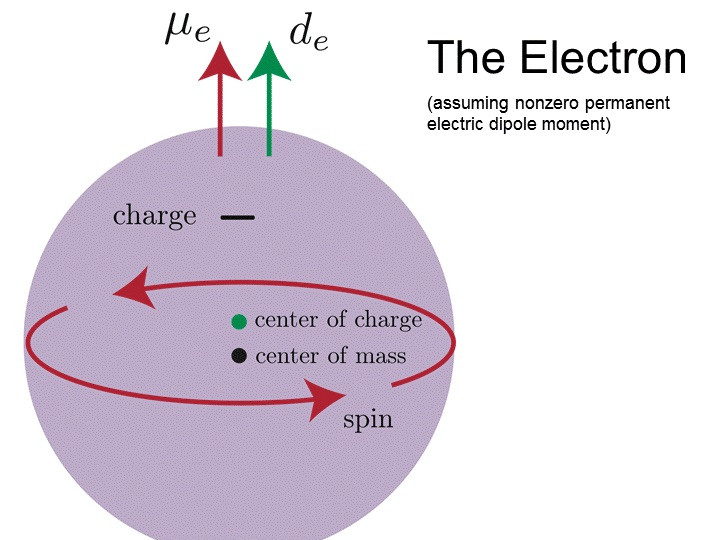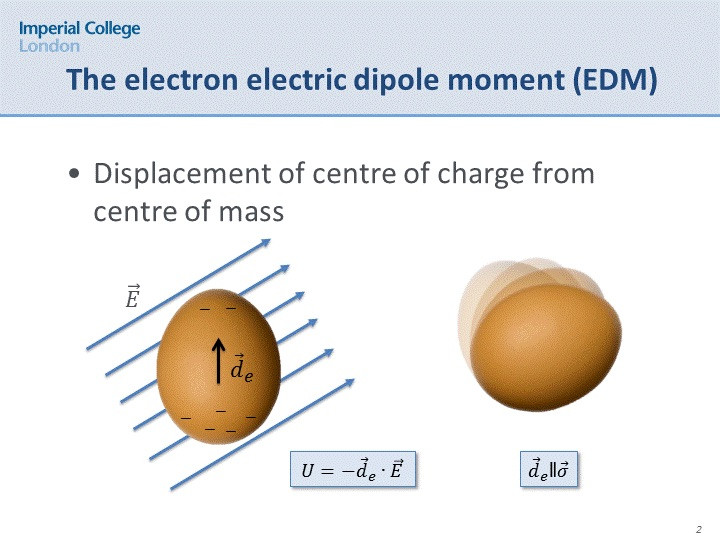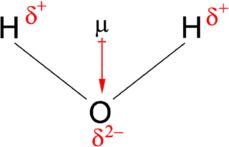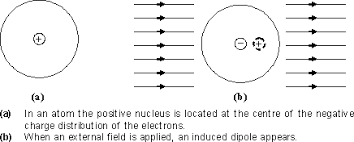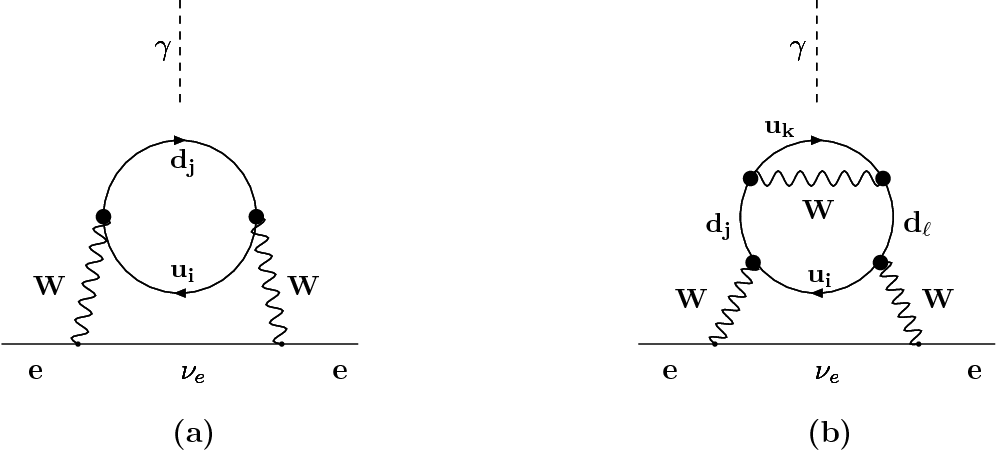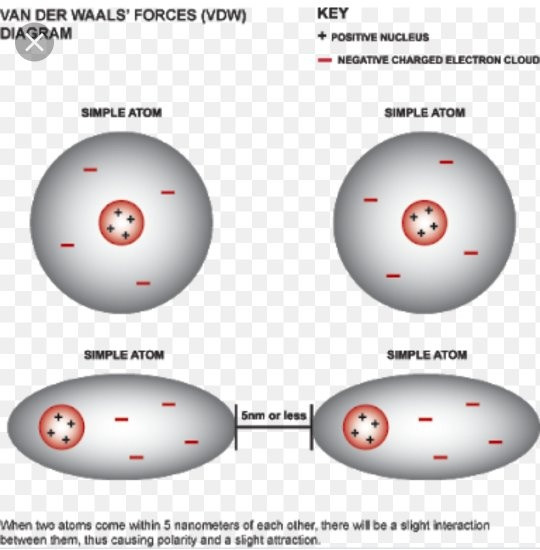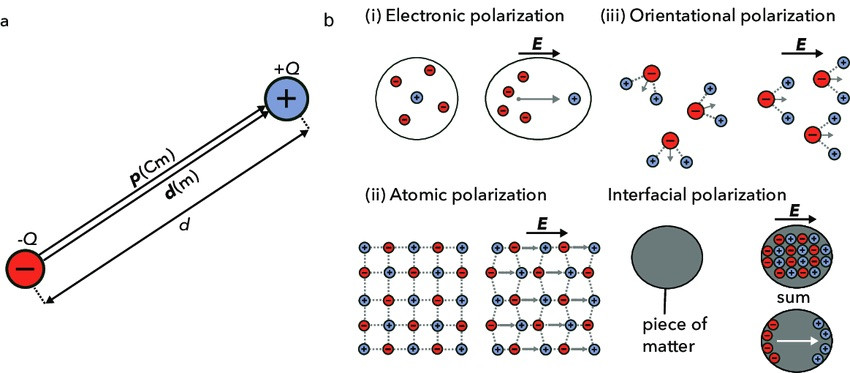The great dome of Heaven rises above, and no man knows its limitations.
The broad Earth is spread wide, and no man knows its boundaries.
Man cannot fathom it all; O God who is great, have compassion on my littleness.
Bear patiently with my blunderings, and overlook my ignorance.
Your reach is so great, and mine is so small; help me to know You for myself.
I am helpless and lost.
Hail to The Supreme Power and Spirit!
O Great God, who brings comfort to the prisoner, peace to the tormented; who strengthens the fearful and adjusts the scales between the
weak and the strong.
Strengthen my desire to understand Your great purpose.
O Sole God, whose tears vitalise the hearts of men, in reverence and humility my spirit awaits Your command, my Creator and my Light.
Hail to The Supreme Power and Spirit!
O Great Craftsman, who fashioned man so wonderfully, who brought together the elements of the Earth and transmuted them so mysteriously, who created with such diversity that no two things are exactly alike, give Your servant some task, that he may accomplish it to Your glory.
O Provident Benefactor, who provides sustenance for the beasts of the wilderness and fills the storehouses of men, who placed the great metals in the bosom of the Earth, that man might draw them forth, let not my body go naked, nor my sleeping place be destroyed.
Accept my homage, O God of Truth, who lives down through the ages of time, which make up the
everlasting Circle of Eternity.
Hail to The Supreme Power and Spirit!
O Powerful God, whose wrath lit up the vaults of Heaven and whose fire devoured the wicked in olden times, whose whirlwind swept clean the Earth, who lifted the seas and dashed them against the mountains.
O let not the great forces of Earth afflict me.
Hold them fast in Your hand, that they may not crush me as the chariot crushes the ant.
Hail to The Supreme Power and Spirit!
afflict (third-person singular simple present afflicts, present participle afflicting, simple past and past participle afflicted)
(transitive) To cause (someone) pain, suffering or distress.
(obsolete) To strike or cast down; to overthrow.
(obsolete) To make low or humble.
an affliction
an afflictive
beloved.
flick (plural flicks)
A short, quick movement, especially a brush, sweep, or flip.
verb: flop; 3rd person present: flops; past tense: flopped; past participle: flopped; gerund or present participle: flopping
1.
fall, move, or hang in a loose and ungainly way.
"his blond hair flopped over his eyes"
hang (down)
drop
hang loosely/limply
dangle
droop
sag
flap
loll
sit or lie down heavily and suddenly, especially when very tired.
"Liz flopped down into the armchair"
collapse
slump
crumple
subside
sink
drop
fall
tumble
INFORMAL
(of a performer or show) be completely unsuccessful; fail totally.
"the show flopped in London"
be unsuccessful
fail
not work
fall flat
founder
misfire
backfire
be a disappointment
do badly
lose money
be a disaster
meet with disaster
come to grief
miss the mark
run aground
bomb
bellyflop
fold
flatline
go to the wall
come a cropper
go down like a lead balloon
bite the dust
blow up in someone's face
tank
flop; plural noun: flops
1.
a heavy, loose, and ungainly movement, or a sound made by it.
"they hit the ground with a flop"
flop
/flɒp/
combining formCOMPUTING
suffix: -flop
floating-point operations per second (used as a measure of computing power).
"a gigaflop computer"
The Faraday effect or Faraday rotation, sometimes referred to as the magneto-optic Faraday effect (MOFE),[1] is a physical magneto-optical phenomenon. The Faraday effect causes a polarization rotation which is proportional to the projection of the magnetic field along the direction of the light propagation. Formally, it is a special case of gyroelectromagnetism obtained when the dielectric permittivity tensor is diagonal.[2]
Discovered by Michael Faraday in 1845, the Faraday effect was the first experimental evidence that light and electromagnetism are related. The theoretical basis of electromagnetic radiation (which includes visible light) was completed by James Clerk Maxwell in the 1860s and 1870s and Oliver Heaviside. This effect occurs in most optically transparent dielectric materials (including liquids) under the influence of magnetic fields.
The Faraday effect is caused by left and right circularly polarized waves propagating at slightly different speeds, a property known as circular birefringence. Since a linear polarization can be decomposed into the superposition of two equal-amplitude circularly polarized components of opposite handedness and different phase, the effect of a relative phase shift, induced by the Faraday effect, is to rotate the orientation of a wave's linear polarization.
The Faraday effect has applications in measuring instruments. For instance, the Faraday effect has been used to measure optical rotatory power and for remote sensing of magnetic fields (such as fiber optic current sensors). The Faraday effect is used in spintronics research to study the polarization of electron spins in semiconductors. Faraday rotators can be used for amplitude modulation of light, and are the basis of optical isolators and optical circulators; such components are required in optical telecommunications and other laser applications.
In modulation of light the amplitude (and therefore the intensity), phase, frequency, or polarization of the radiated oscillations is changed. ... The signals may be short light pulses or signals that are nearly rectangular or harmonic.
late 16th century (in the sense ‘relating to music, musical’): via Latin from Greek harmonikos, from harmonia (see harmony).
🕯
disharmony (n.)
"discord, incongruity, want of harmony," c. 1600; see dis- + harmony.
Middle English: from Old French descord (noun), descorder (verb), from Latin discordare, from discors ‘discordant’, from dis- (expressing negation, reversal) + cor, cord- ‘heart’.
de fe at e d
dipole
electron
fe magnetic nanoparticle
inbetween positive and negative... electric field plates
oscillation
resonance
the seperation of charge
the magnetic moment
the key D as one half of the light
a double ring
adding up
be g in inn g
a star t in g
as lights up
as on
our son.
G o d b le s S in g
Is this a warning to turn off a dipole emitter nanoparticle virus?
Love you all.
Despite your jogging and the hairiness of your legs, the shoe of aging is beginning to pinch. Soon you'll regret all that sun-tanning. Your face will look like a testicle.
😮
bollock (perhaps alteration of "ballock")
testiculus m (genitive testiculī); second declension
(anatomy) a testicle
(figuratively) manliness
testiculātus
Did the goverment test the virus positively using acoustic radiation?
Did the test come back negative by any chance?
negative by any chance?
any chance?
chance?
ance?
ce?
e
Have we cracked the e code?
you beat an egg
The Beaton medical kindred, also known as Clann Meic-bethad and Clan MacBeth, was a Scottish kindred of professional physicians that practised medicine in the classical Gaelic tradition from the Middle Ages to the Early Modern Era. ... In fact, the medical kindred adopted the surname Beaton in the fifteenth century.

